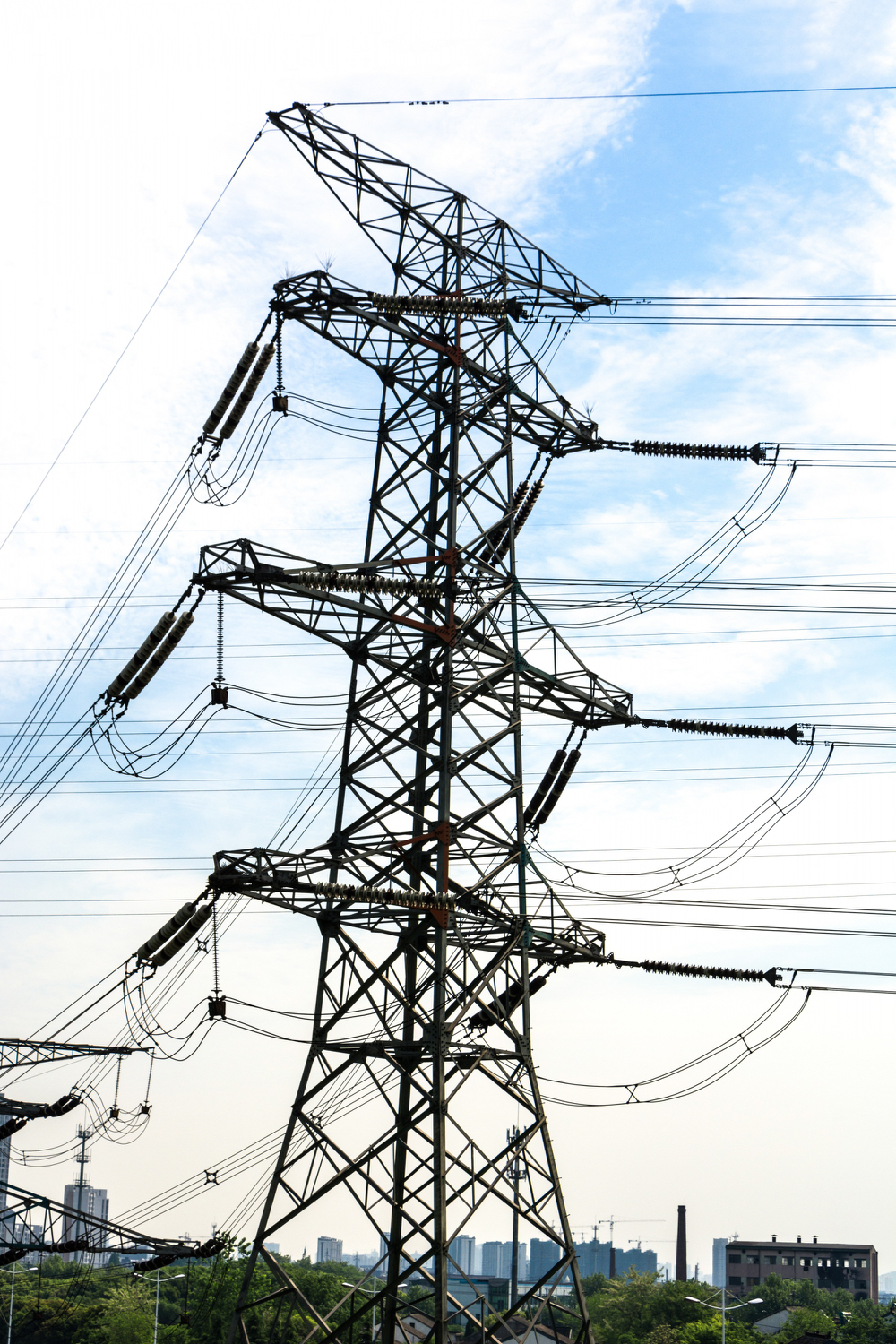The Federal Government called for additional time to address the country’s ongoing electricity issues as 17 generation and distribution licenses stand for either renewal or revocation tomorrow.
This mirrors past administration attempts over the last decade since the power sector was privatized. Key figures, including President Bola Tinubu, Minister of Power Adebayo Adelabu, Senate President Godswill Akpabio, and the Bureau of Public Works Enterprises met in Abuja, echoing familiar criticisms.
In a significant move on November 1, 2013, the power sector underwent privatization at a cost of $2.5 billion. However, aspirations of reaching a 40,000-megawatt electricity grid by 2020 have faltered, hovering around 4,000 MW currently.
Despite investments exceeding $7.5 billion in transmission lines and an additional N7 trillion aimed at bolstering generation and distribution, the system still heavily relies on backup mechanisms.
At the recent conference titled “NESI privatization and its 10-year milestone: The Journey So Far, Opportunities, and Prospects,” President Tinubu remarked that the national grid caters to just 15% of national requirements. Consequently, many households and industries resort to costlier self-generation methods, meeting about 40% of demand.
Tinubu’s representative, Sodiq Wanka, emphasized the grid’s stagnant growth over the past decade and highlighted the need for revised tariffs and clear strategies to tackle historic sector debts.
Addressing the need for swift interventions, Tinubu stated, “We must develop a clear roadmap targeting profitable customer sectors like industrial and agricultural hubs and boost participation in the West African Power Pool.”
He also underscored the financial hurdles faced by DisCos, pointing to a capital necessity of about N2 trillion. Furthermore, addressing various challenges and initiating a presidential task force on power are crucial steps forward.
Minister Adelabu appealed for patience, suggesting that rash decisions won’t provide lasting solutions. He stressed collaboration and fresh strategic approaches as keys to the sector’s resurgence.
The Electricity Act of 2023, according to Senate President Akpabio, is designed to iron out inconsistencies, encourage state participation in the power value chain, and counter electricity theft or equipment vandalism.
Despite the Federal Government retaining a 40% share in the privatized entities, apprehensions rise as the licensing period nears its end. Stakeholders expressed concern over the government’s silence on the upcoming review.
According to a report by The Guardian, industry expert, Dan Kunle, questioned President Tinubu’s commitment to resolving power sector issues. Meanwhile, Kunle Olubiyo of the Nigeria Consumer Protection Network highlighted concerns, including the absence of public listings for power companies and regulatory weaknesses.
Lamu Audu, Managing Director of Mainstream Energy, pinpointed liquidity as the sector’s primary issue. He suggested that a liberalized power sector, despite initial pains, might attract the necessary private investment.
In conclusion, industry leaders, including the Chairman of the Conference Organizing Committee, Prof. Stephen Ogaji, voiced a unanimous call for collaborative efforts to overcome the sector’s challenges.



